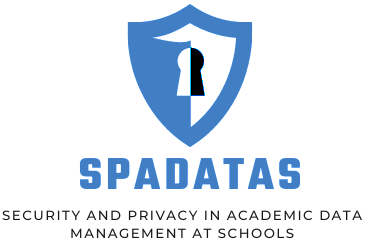
Top 10 Tips for Protecting Your Child’s Online Safety and Privacy
- Protect Your Computer and Devices: Install a firewall and antivirus software on your computer and mobile devices. Regularly update them. Seek help if needed.
- Screen Time in Common Areas: Encourage children to use computers, mobile devices, and other screens in common areas. This allows you to explore the internet together. Let them teach you about new technologies.
- Set Family Rules: Define how much screen time children can have per day or week on the internet or with mobile devices. Follow guidelines from pediatricians based on the child’s age.
- Open Dialogue About Internet Use: Instead of outright banning internet use, engage in conversations with your children about their online activities. Encourage them to share any uncomfortable experiences.
- Privacy Online: Teach children not to share personal information such as their address, phone number, email, or school on the internet. When possible, use nicknames that don’t reveal their identity.
- Address Cyberbullying: Harassment and cyberbullying are unacceptable. Teach your children that the same rules of good behaviour apply online as in real life.
- Critical Thinking: Remind children that not everything they read or see online is necessarily true. Encourage them to ask questions and verify information from multiple sources.
- Respect Copyright: Educate children that owning and using pirated copies of software, movies, and music is illegal. Explain that downloading someone else’s work without permission is equivalent to stealing from a store.
- Online Friendships: Prohibit children from meeting online “friends” without your knowledge. Explain that internet friends may not always be who they claim to be.
- Content Filters Aren’t Perfect: Be aware that no content filter is foolproof in blocking inappropriate material.
Remember, fostering open communication and digital literacy is essential for responsible internet use by children.
